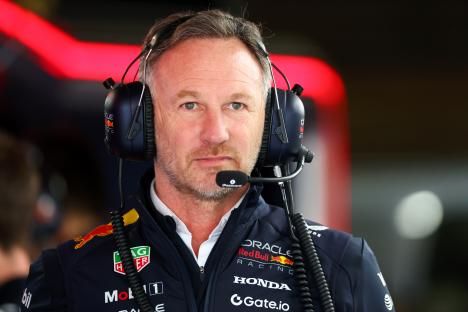On July 9, 2025, the Formula 1 world was rocked by the news that Christian Horner, Red Bull Racing’s long-standing team principal, has been sacked after 20 years. Horner’s departure marks the end of an era for one of F1’s most successful teams. So, what led to this shocking decision? Let’s dive into the key factors behind his exit.
Table of Contents
A Legacy of Success
Christian Horner joined Red Bull in 2005 when the team entered Formula 1, transforming it into a powerhouse. Under his leadership, Red Bull secured eight Drivers’ Championships—four with Sebastian Vettel (2010–2013) and four with Max Verstappen (2021–2024)—and six Constructors’ titles. His strategic vision and ability to navigate F1’s complex politics made him one of the sport’s most respected figures. However, despite this glittering record, recent challenges have overshadowed his achievements, leading to his abrupt departure.
Team Performance Struggles
Red Bull’s 2025 season has been a letdown. The team has slipped to fourth in the Constructors’ Championship, trailing McLaren by a staggering 288 points. Max Verstappen, despite his talent, is 69 points behind Oscar Piastri in the Drivers’ title race. The decision to swap drivers Liam Lawson and Yuki Tsunoda backfired, with Tsunoda enduring a five-race pointless streak, a low point for a Red Bull driver. These poor results have put immense pressure on Horner, with the team’s leadership reportedly holding him accountable for the car’s lackluster performance.
Internal Conflicts and Power Struggles
Behind the scenes, tensions have been brewing. The death of Red Bull co-founder Dietrich Mateschitz in 2022 shifted the team’s power dynamics. Horner’s relationship with key figures, including advisor Helmut Marko and Red Bull’s Thai and Austrian owners, has been strained. Reports suggest Oliver Mintzlaff, CEO of Corporate Projects, long pushed for a leadership change. Additionally, Horner’s public fallout with Jos Verstappen, Max’s father, fueled speculation about Max’s future, with rumors of a potential move to Mercedes. These internal rifts, combined with the exit of key figures like designer Adrian Newey and sporting director Jonathan Wheatley, weakened Horner’s position.
The Shadow of Past Controversies
Horner’s tenure wasn’t without controversy. In early 2024, he faced allegations of inappropriate behavior toward a female employee, including leaked WhatsApp messages. Although cleared by an independent investigation, the scandal cast a long shadow, damaging his reputation and reportedly eroding support from Red Bull’s Thai shareholder, Chalerm Yoovidhya. While Horner survived the initial fallout, the lingering impact of the scandal, coupled with recent team struggles, likely contributed to the decision to part ways.
In a statement, Red Bull thanked Horner for his “exceptional work” but confirmed his immediate exit, with Laurent Mekies, formerly of Racing Bulls, stepping in as CEO. Horner’s departure closes a remarkable chapter, but questions remain about Red Bull’s future, especially with Verstappen’s commitment uncertain. The F1 paddock will be watching closely as the team navigates this seismic shift.
